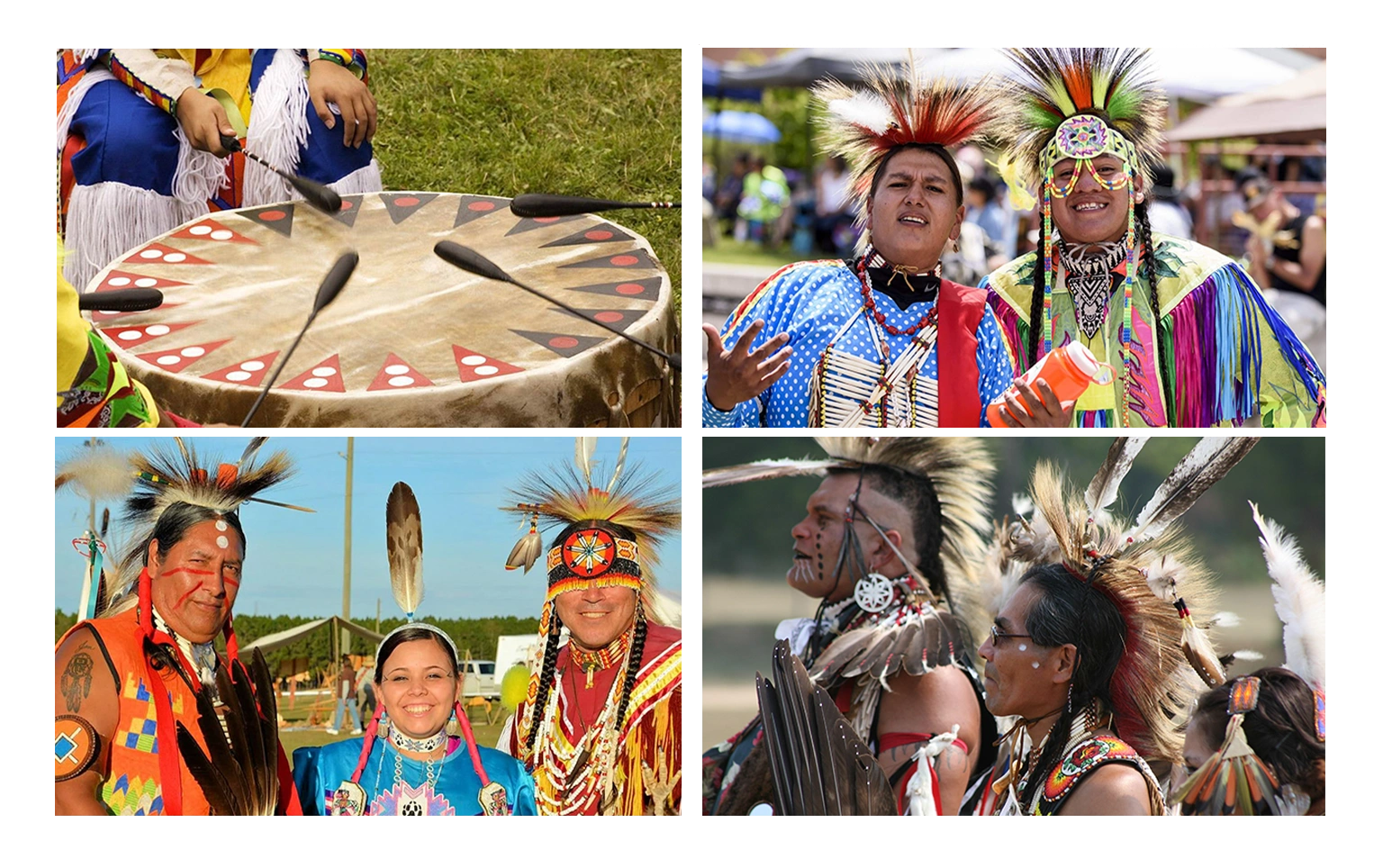Cultural Components Alberta – Honouring Identity in Youth Care
At Changes for Hope, we believe healing begins with identity. Our cultural components in Alberta are designed to reconnect youth with who they are, where they come from, and what their future can hold.
As one Elder once said, “Knowing where you come from, and who you are, and how you want to be”—that is a powerful place to begin. For many Indigenous youth in care, this knowledge has been interrupted. Our cultural programming is built to restore that connection.
A Holistic Foundation of Support
Using a holistic model, Changes for Hope supports the physical, emotional, mental, and spiritual well-being of every youth in our care. We recognize that each child is on their own journey, and we don’t rush that process. We meet them where they are—with cultural safety, gentle consistency, and deep respect.
We prioritize hiring staff with Indigenous backgrounds and commit to training all caregivers in diverse cultural teachings. Every caregiver is expected to incorporate cultural components into individual service plans, making culture not an event—but a lived experience.

Culture in Daily Practice
Every month, our homes follow a cultural event calendar filled with in-home activities, Elder-led teachings, and outings to local events in cities like Calgary, Edmonton, and Camrose.
Youth are also encouraged to attend community events in their home Nations. When possible, we consult with Elders from their specific communities to ensure cultural exploration feels familiar—not generalized.
“Home Away From Home” – Staying Connected to Nation
Too often, Indigenous youth placed outside their home community lose connection to family, culture, and Nation. Our Home Away From Home model ensures that connection is not just protected—but nurtured.
By collaborating with youth’s home communities:
- We arrange visits to their Nations at least twice a year
- We integrate community guidance into service planning
- We ensure youth know that their communities remain part of their lives—even from afar
This is not just cultural programming. This is cultural belonging.


Land-Based Learning with 3 Chiefs Legacy Consulting
We proudly partner with Stan Houle, CEO of 3 Chiefs Legacy Consulting, who leads land-based retreats for youth living in our homes. These experiences in Lac La Biche County provide:
- Traditional Land Use education
- Traditional Environmental Knowledge
- Deep cultural reconnection through time on the land
These retreats offer what many youth in care have been missing—a chance to feel grounded, connected, and proud of where they come from.
We also collaborate with other Indigenous organizations to provide programming in:
- Language revitalization
- Traditional dance and drumming
- Cultural storytelling and teachings
Part of a Larger System of Care
Our cultural components in Alberta work in close connection with our Trauma-Informed Group Care Program and our network of Supportive Group Homes. Together, they form a care system that sees youth as whole people—not just files.
Every youth we serve deserves the right to feel safe, understood, and culturally held—whether they’re in early care, a transitional home, or preparing for independence.
A Commitment That Goes Beyond Policy
Culture is not a box we check—it’s something we build every day. At Changes for Hope, we are committed to providing culturally safe, high-quality care where:
- Elders are treated as teachers
- Community is included in planning
- Youth feel seen, not generalized
- Culture is protected—not lost in the system
We will continue partnering with Nations to offer retreats, healing spaces, and culturally embedded programs that give youth what they have always deserved—recognition, respect, and roots.
Ready to Learn More?
If you’re a Nation, Elder, caregiver, or youth advocate looking for culturally safe support for youth in care, we welcome collaboration.
Because every young person deserves to know: your culture is not behind you—it’s with you.

